AI Recruitment Compliance Checklist (U.S. 2025 Guide)
An AI-powered application recruiter… especially one used for hiring, screening, or engaging with candidates… must comply with several U.S.-based legal, ethical, and data protection standards. Here’s a comprehensive list of key regulations and frameworks such a tool may need to follow:
🇺🇸 U.S.-Based Compliance Requirements for AI Recruitment Applications
🔐 1. Data Privacy & Security
✅ CCPA (California Consumer Privacy Act)
Applies if the recruiter AI collects personal data of California residents.
Requires transparency about data usage, right to delete, and opt-out mechanisms.
✅ CPRA (California Privacy Rights Act)
Strengthens CCPA.
Adds requirements around sensitive personal information, data minimization, and retention.
✅ State-Level Privacy Laws
Similar to CCPA/CPRA are emerging in:
Colorado (CPA)
Virginia (VCDPA)
Connecticut (CTDPA)
Utah (UCPA)
These may apply if you’re processing data from residents of these states.
✅ GLBA (Gramm-Leach-Bliley Act) (if used in financial recruitment)
Requires secure handling of personal financial information.
🧑⚖️ 2. Employment & Anti-Discrimination Laws
✅ Title VII of the Civil Rights Act
Prohibits discrimination based on race, color, religion, sex, or national origin.
AI algorithms must be tested for bias to avoid disparate impact.
✅ Americans with Disabilities Act (ADA)
Recruiting systems must be accessible to people with disabilities.
Also prohibits discrimination based on disability in hiring.
✅ Age Discrimination in Employment Act (ADEA)
Prohibits bias against workers age 40+.
AI models must avoid patterns that discriminate by age.
✅ Equal Employment Opportunity Commission (EEOC) Guidelines
Enforce anti-bias hiring practices.
Companies may be asked to validate the fairness of their AI systems.
EEOC is actively investigating AI hiring practices under new scrutiny.
🧪 3. AI Fairness, Transparency & Accountability
✅ NYC Local Law 144 (Effective 2023)
Requires bias audits for automated employment decision tools (AEDTs) used in New York City.
Employers must:
Conduct annual bias audits
Publish results publicly
Notify candidates of AI use
If you recruit candidates in NYC, this is legally binding.
✅ FTC Guidance on AI
Federal Trade Commission warns against:
Deceptive claims about what the AI can do
Unfair outcomes (bias, data misuse, etc.)
Poor data handling or oversight
The FTC can fine or penalize companies misusing AI in recruitment.
🔍 4. Optional but Recommended Frameworks & Certifications
NIST AI Risk Management Framework – voluntary but respected for AI safety, fairness, and reliability.
SOC 2 – ensures secure data practices (especially if your platform is SaaS).
ISO/IEC 27001 – international security standard, good for trust and audits.
EEOC’s AI Use Guidance (2023) – strong advisory position on fair AI usage.
📋 Summary Checklist
| Category | Regulation/Framework | Required? |
|---|---|---|
| Data Privacy | CCPA/CPRA, State Privacy Laws | ✅ Yes |
| Discrimination Laws | Title VII, ADA, ADEA | ✅ Yes |
| Bias Audits (local) | NYC Local Law 144 | ✅ If NYC |
| Federal Oversight | FTC Guidance, EEOC Enforcement | ✅ Yes |
| Security Practices | SOC 2, ISO 27001, NIST AI RMF | ⚠️ Strongly recommended |
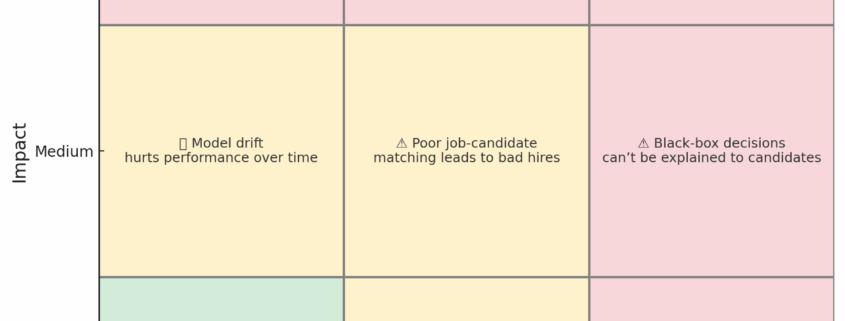

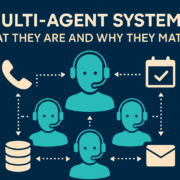
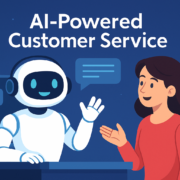
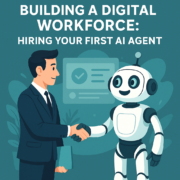
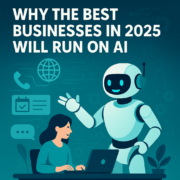
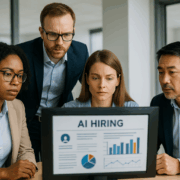

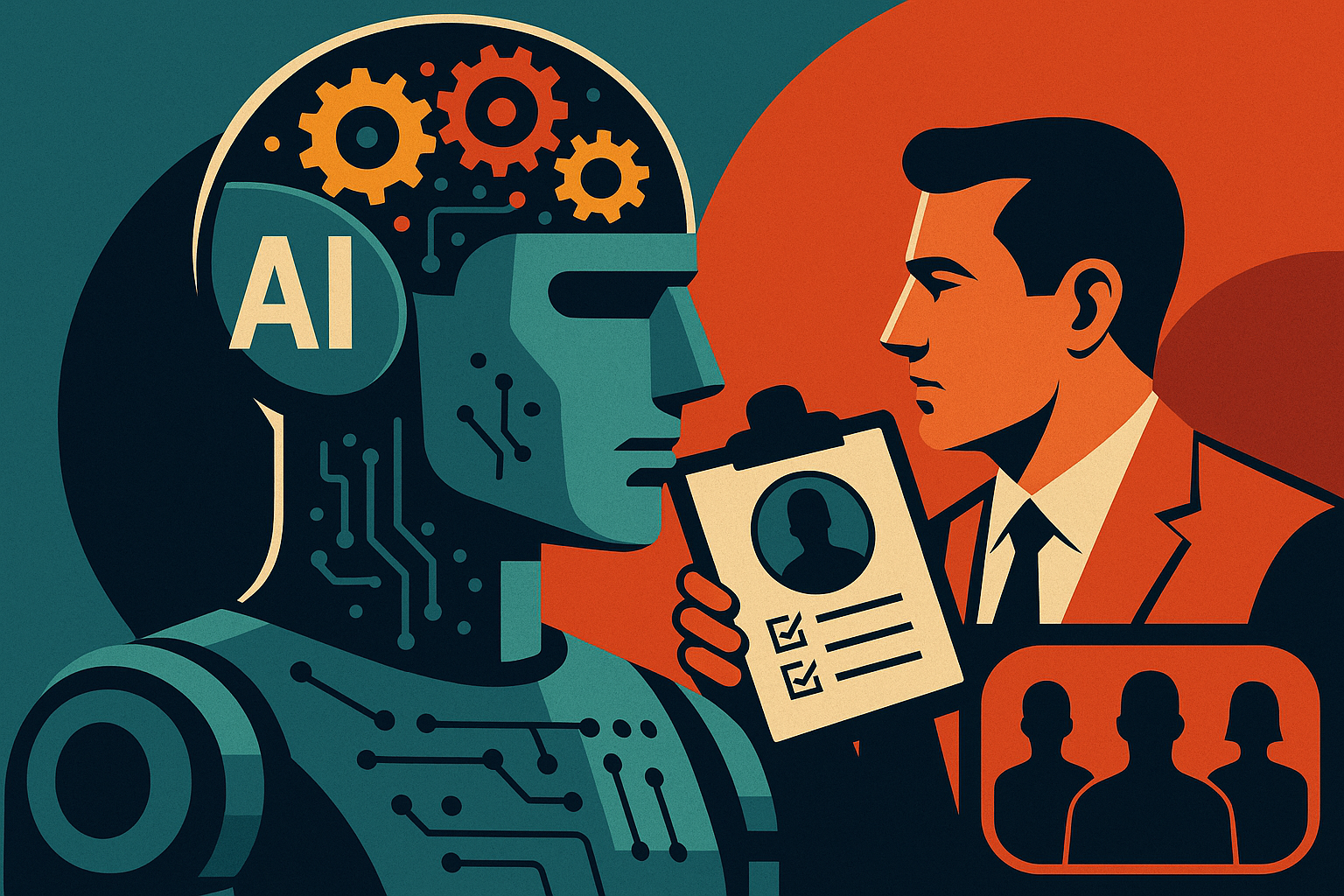
Leave a Reply
Want to join the discussion?Feel free to contribute!